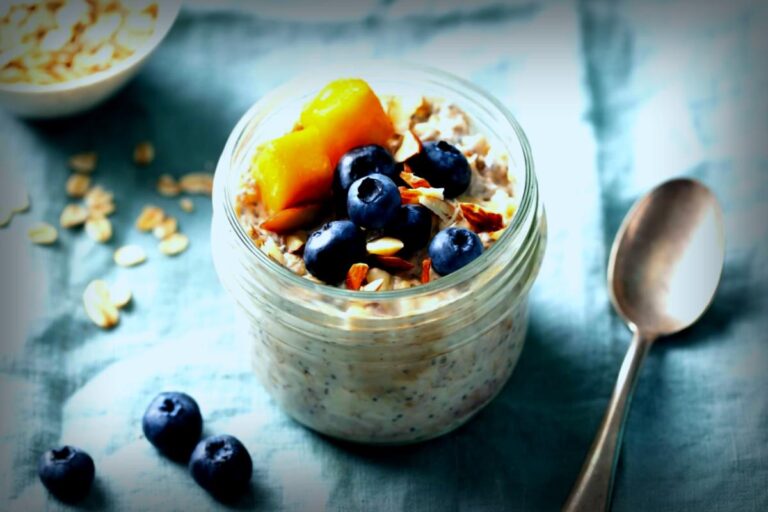It’s a known fact that most men tend to eat way more red and processed meat than what nutrition experts would recommend, and they outpace women on this front as well. But there’s good news: legumes, which are packed with nutrients, can step in to fill that meat void in our diets. That said, one caveat is that legumes don’t naturally contain vitamin B12, a vitamin we usually get from animal products.
In a fascinating piece of research known as the BeanMan study, scientists looked into how swapping out some of that red and processed meat for legumes could play a role in men’s health and their levels of vital nutrients in the bloodstream. You’ll find the full findings in the European Journal of Nutrition at this link.
The Study Breakdown
Throughout this study, 102 men of working age were split into two different groups. For six weeks, one of these groups continued to consume the average rate of 760 grams of red and processed meat each week — that’s basically a quarter of their total protein intake!
The other group had a different menu. Instead of the typical amount of red meat, they incorporated ample servings of peas and faba beans, making up about 20% of their protein intake, limiting their intake of red and processed meats to just 200 grams a week, which aligns with the recommended limits.
Both groups had to stick to their diets but were instructed to exclude any red or processed meats or legumes outside of what was provided during the study, which only included beef, pork, and various types of processed meats.
Diet Switch Yields Interesting Results
Here’s where it gets intriguing: the men munching on the legumes, alongside their meat or under 5% of their total protein intake, shed an average of a kilo, while the meat-only folks managed to drop only 300 grams. This swap seems beneficial, as it lowered overall and LDL cholesterol, which means a lower risk of heart disease and type 2 diabetes. Plus, it can help manage weight.
It’s worth noting that while the improvements in cholesterol were anticipated due to a better fat intake overall, the weight loss was somewhat unexpected. Participants oftentimes track what they consume more carefully in a trial situation, but the legume eaters still managed to lose significantly more weight, despite not being prompted to watch their weight by the researchers. Professor Anne-Maria Pajari, who led the study, indicated that neither group was asked to change their dietary habits drastically, other than incorporating those legumes.
Nutritional Needs Remain Covered
Even though cutting back on red meat led to lower vitamin B12 intake for the legume eaters, they still maintained enough to stay within safe limits by the study’s conclusion. Interestingly, the legume-laden diet resulted in an uptick in dietary iron intake, with no notable differences in iodine between the groups.
Pajari also pointed out that the legume group maintained a mixed dietary intake, keeping nutrient levels stable without completely omitting foods from their diets. Further research is now necessary to understand how shifts to plant-based diets affect nutritional status, especially among sensitive demographic groups like the elderly or children.
Ultimately, the participants who consumed the more legume-heavy diet were able to follow through successfully, partly due to the ease of preparing the foods provided and the addition of simple recipes. Pajari believes small dietary shifts towards incorporating more peas, beans, and lentils are achievable for many of us as we aim for a sustainable diet.
For more details, check out the work of Sari Bäck et al in the article titled ”Nutritional and health benefits of a partial substitution of red and processed meat with non-soy legumes”, published in the European Journal of Nutrition, 2025. Access the study here.
Provided by the University of Helsinki
This story was originally published on Medical Xpress.




















